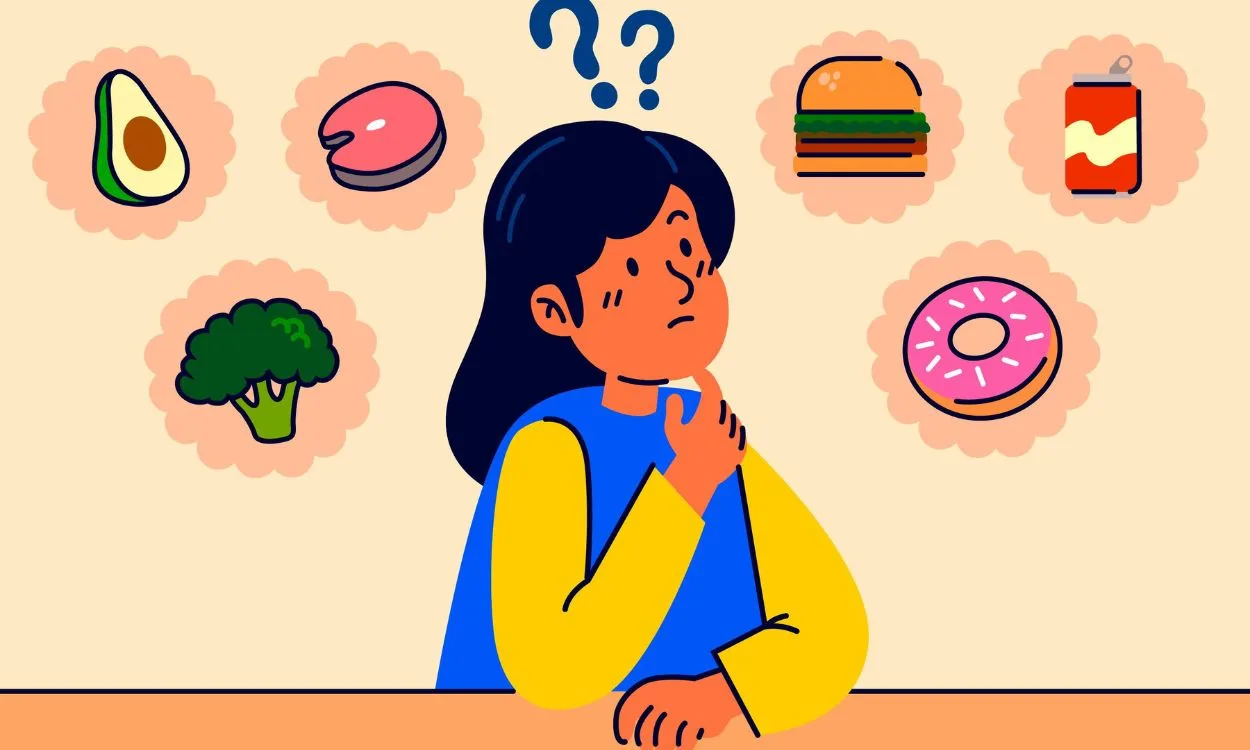How to Overcome Emotional Eating Triggered by Social Situations
Introduction
Do you find yourself turning to food for comfort or stress relief during social situations? Emotional eating can be a challenging habit to break, but with the right strategies, you can overcome it and develop a healthier relationship with food. In this article, we will explore various techniques and tips to help you overcome emotional eating triggered by social situations.
Understanding Emotional Eating
Emotional eating is a coping mechanism used to deal with negative emotions, stress, or boredom. It often involves consuming excessive amounts of food, particularly those that are high in sugar, fat, or salt. Social situations can often be triggers for emotional eating, as they can elicit feelings of anxiety, insecurity, or loneliness.
Recognizing Triggers
The first step in overcoming emotional eating is to identify the triggers that lead to this behavior. In social situations, triggers can include feeling self-conscious about your appearance, experiencing social pressure to eat or drink, or feeling overwhelmed by the emotions of others. By recognizing these triggers, you can become more aware of your emotional eating patterns and take steps to address them.
Developing Alternative Coping Mechanisms
Instead of turning to food for comfort, it’s important to develop healthier coping mechanisms to deal with emotional stress. Here are some alternative strategies to consider:
- Practice Mindfulness: Engage in mindfulness techniques such as deep breathing, meditation, or yoga to help you stay present and calm during social situations.
- Seek Support: Reach out to a trusted friend or family member who can provide emotional support during challenging social situations. Talking about your feelings can help alleviate the urge to turn to food.
- Engage in Physical Activity: Instead of using food as a way to cope, channel your emotions into physical activity. Go for a walk, engage in a workout, or participate in a sport to release endorphins and improve your mood.
- Find a Creative Outlet: Engaging in a creative activity such as painting, writing, or playing a musical instrument can help distract you from emotional eating triggers and provide a healthy way to express your emotions.
- Practice Self-Care: Prioritize self-care activities that bring you joy and relaxation. Take a bath, read a book, listen to music, or engage in any activity that helps you unwind and reduce stress.
Building a Supportive Social Network
Creating a strong support system is crucial in overcoming emotional eating triggered by social situations. Surround yourself with people who support your goals and understand your journey. Here’s how you can build a supportive social network:
- Communicate Your Goals: Share your desire to overcome emotional eating with your friends and family. Let them know how they can support you during social gatherings by offering healthier food options or encouraging you to engage in non-food related activities.
- Find Like-minded Individuals: Seek out support groups or online communities where you can connect with others who are also working towards overcoming emotional eating. Sharing experiences and strategies can provide valuable insights and motivation.
- Engage in Healthy Social Activities: Plan social activities that don’t revolve around food. Organize outings for outdoor adventures, movie nights, or creative workshops where the focus is on building relationships and having fun without relying on food as the centerpiece.
Mindful Eating Practices
In social situations, practicing mindful eating can help you develop a healthier relationship with food. Here are some tips to incorporate mindful eating into your social gatherings:
- Pay Attention to Hunger Cues: Before reaching for food, tune in to your body’s hunger and fullness signals. Eat when you are physically hungry and stop when you feel satisfied.
- Slow Down: Take your time while eating, savoring each bite and enjoying the flavors and textures of the food. This allows your brain to register feelings of fullness and satisfaction.
- Choose Nutrient-Dense Foods: Opt for foods that nourish your body and provide sustained energy. Include a variety of fruits, vegetables, whole grains, lean proteins, and healthy fats in your meals.
- Portion Control: Be mindful of portion sizes, especially in social situations where large portions may be served. Use smaller plates or bowls, and practice portioning out your food before starting to eat.
The Fitpaa Solution
If you’re looking for additional support and guidance in overcoming emotional eating and achieving your health and fitness goals, the Fitpaa app is here to help. Fitpaa provides personalized fitness plans, nutrition tracking, and real-time guidance to help you stay on track. With a team of fitness coaches, nutritionists, and doctors, Fitpaa offers a comprehensive approach to your overall well-being.
Download the Fitpaa app today and take the first step towards a healthier, more balanced lifestyle. Our team of experts will be there to guide and support you on your journey to overcome emotional eating and achieve your health and fitness goals.
Remember, you have the power to break free from emotional eating and cultivate a positive relationship with food. With the right strategies, support, and mindset, you can overcome emotional eating triggered by social situations and embrace a healthier, happier you.









